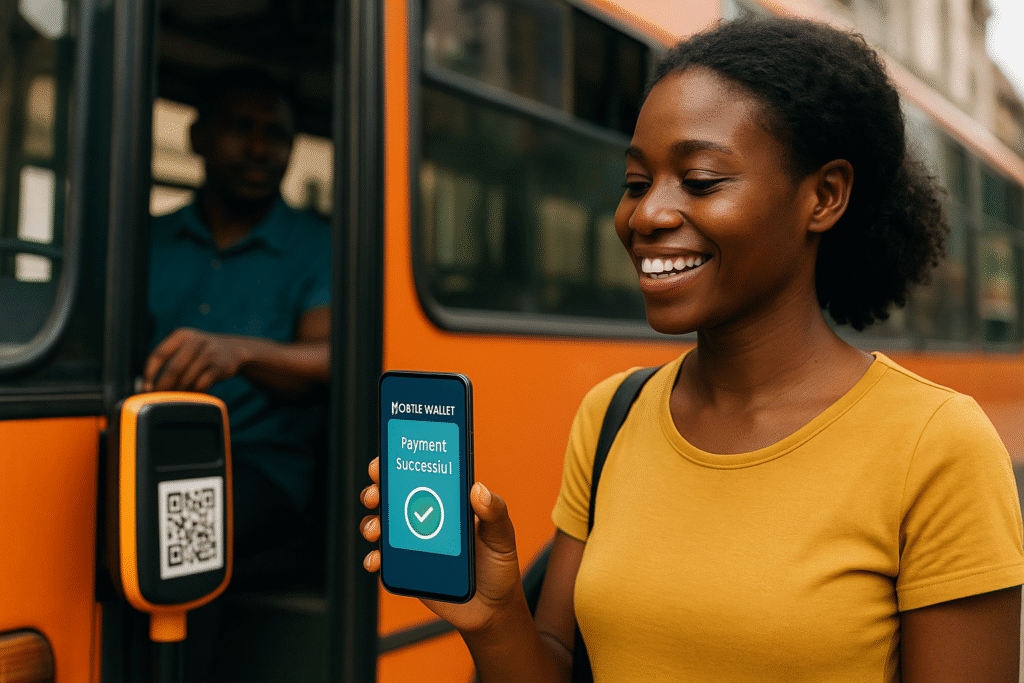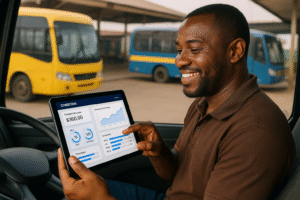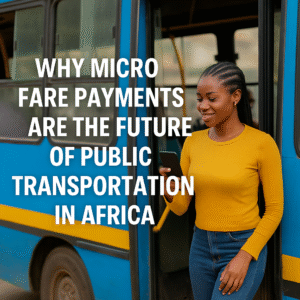Introduction
At the intersection of fintech and mobility, Cheetah is redefining access for the underbanked population in Africa. By integrating micro fare systems with mobile wallets, the platform empowers millions with dignity, access, and control over their daily commutes.

For many in Africa’s urban and peri-urban areas, transportation is not just about getting from point A to B — it’s about economic opportunity and social mobility. Yet, limited financial inclusion has long been a barrier.
Cheetah is breaking this cycle.
Financial Inclusion: The Missing Link in African Mobility
Despite rapid urbanization, over 60% of African adults remain unbanked or underbanked. They rely heavily on cash-only informal transport, which creates challenges like:
- Lack of fare transparency
- Inability to save for future travel needs
- Limited access to credit for operators and commuters
By digitizing micro-mobility payments, Cheetah creates a bridge between affordable transport and financial services, giving people an entry point into the formal digital economy.
This aligns with the UN Sustainable Development Goals on Mobility, which emphasize inclusive, safe, and affordable transportation for all.
How Cheetah Integrates with Mobile Money
Cheetah connects seamlessly with popular mobile money platforms like:
- M-Pesa in Kenya
- MoMo in Ghana
- Paga in Nigeria
Commuters can:
Top up small amounts without needing a bank account
Pay for multiple transport modes in one unified wallet
Access discounted fares and loyalty programs
This integration also helps transport operators receive instant settlements, improving their cash flow and enabling access to micro-loans for fleet expansion.
(Learn more About Cheetah)
Empowering Women and Youth in Transit
In many African cities, women and young people face unique challenges in mobility — from safety concerns to limited control over daily spending.
Cheetah empowers them by:
- Allowing contactless payments, reducing theft risks
- Offering fare budgeting tools, so riders can plan their weekly transport costs
- Providing trip history for accountability, which is particularly useful for parents monitoring children’s school travel
This creates a safer and more inclusive environment for vulnerable commuters.
Partnerships with NGOs and Development Banks
To scale its impact, Cheetah partners with:
- NGOs promoting women’s economic empowerment
- Development banks funding urban mobility projects
- City governments working to modernize informal transport
Through the NGO Partnership Program, Cheetah supports initiatives that subsidize fares for low-income communities while improving transport efficiency.
(See how we collaborate via our NGO Partnership Program)
A Transport Ecosystem That Works for All
By combining digital payments, financial inclusion, and social impact, Cheetah is building a transport ecosystem that benefits everyone:
- Commuters gain affordable, traceable, and safe journeys.
- Operators access real-time data and stable digital income.
- Governments & NGOs get actionable insights to plan better transport policies.
This approach moves beyond just mobility—it unlocks economic participation for millions of underbanked Africans.
Conclusion
Financial inclusion is the missing piece in Africa’s mobility puzzle, and Cheetah is filling that gap. By integrating micro fare systems with mobile money, the platform creates opportunities for underserved populations, particularly women and youth, to participate in a digital-first economy.
With partnerships that span NGOs, development banks, and governments, Cheetah is proving that mobility can be a gateway to financial empowerment.
👉 Want to join this impact journey? About Cheetah


